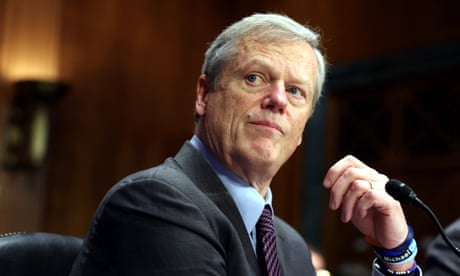Today is a big celebration of advertising. But the advertisements have to be fitted into pauses in a football game. That takes some doing.
The NYT has the story:
"Most games have 18 commercial breaks. A few timeouts, like at the end of the first and third quarters and at the two-minute warnings, are fixed. The league and networks avoid taking breaks if a team’s opening drive of the game ends quickly, because they want fans to settle into the broadcast. If all goes well, the last commercials run at the two-minute warning in the fourth quarter.
"Most commercial breaks, though, are chosen in real time as league executives, network producers and officials on the field look for natural breaks in the action. Finding them is more art than science because every game unfolds differently, with long drives, three-and-outs, injury timeouts and coaches’ challenges.
...
"The logistics of determining when to call television timeouts require an intricate phone tree over a three-hour game. The referee, who controls when a game starts and stops and can overrule a request for a break, communicates with the back judge, who is in constant contact with two sideline officials standing near the 20-yard line. One of them wears a green hat and represents the league. The other has on orange gloves and works for the network."
##############
Gambling (on apps, during the game, about anything and everything) is still relatively new:
Here's the Guardian:
Americans expected to place record $1.39bn in bets for Super Bowl LIX
The US sports betting industry has boomed since 2018 – with it brings a ‘dark side’ as gambling addiction also rises by Lauren Aratani
"Since the supreme court overturned a federal law that made sports betting illegal in 2018, the industry has boomed, with 38 states opting to legalize. Gambling revenue hit $99.4bn in 2022, according to the American Gaming Association (AGA), the industry lobby group.
"Super Bowl Sunday – the biggest sports event of the year – will be no exception. Even as TV networks have struggled to maintain audience numbers, with more people tuning in to video content online, the Super Bowl has continued to grow in viewership. In 2024, a record 123 million viewers tuned into the game, making it the most-watched telecast in history.
"The AGA estimated that $1.39bn worth of legal bets will be placed for Super Bowl LIX. This is the first year the trade association reported estimated bets solely from legal channels. In previous years, AGA relied on surveys that included all betting, including those placed illegally and casually among friends. Last year, research firm Eilers & Krejcik Gaming estimated $1.25bn of legal bets were placed for the Super Bowl last year.
...
"Betting companies have also become more aggressive at advertising. Last year, BetMGM, the sports betting arm of MGM Resorts, aired a star-studded commercial promoting its platform during the Super Bowl. Fong said that it has all contributed to a normalizing of sports betting in American culture."





